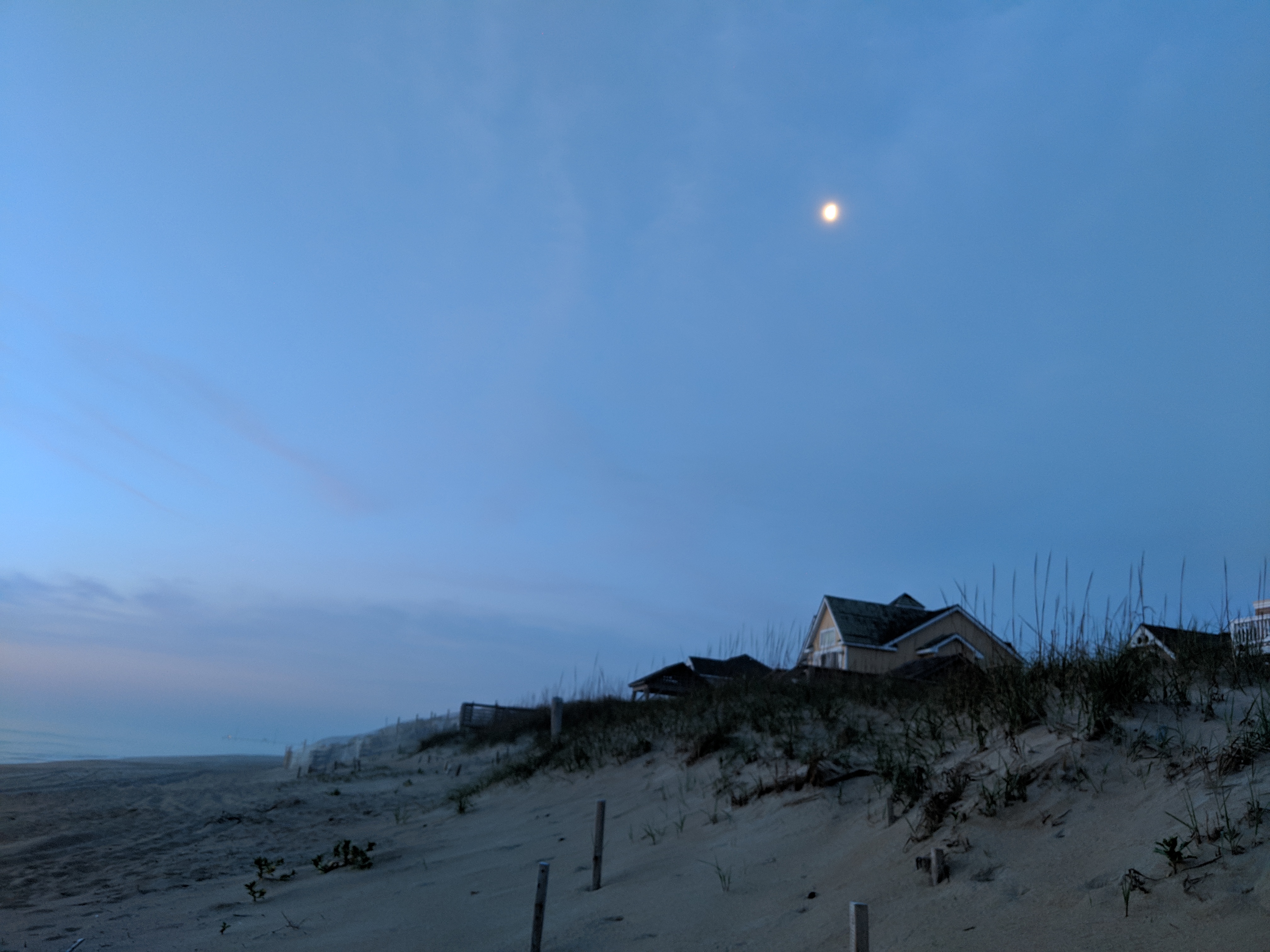

I get it works in the context of the plot, the characterization just didnt work for me. When I say he’s underpowered, what I mean is I wish there were more moments where he’s SUPERMAN and not just a super guy. There weren’t many of those WOW moments, to me, where you and all the other characters are just astounded by his raw power. He struggles through the whole movie and that’s just not the version of Superman I like, I guess.
The JLU animated series version is more how I see Superman so that’s kinda the model I judge the live action movies against












You just found the words for me, thanks! I’ve had trouble explaining to people why I didn’t love the most recent movie. I guess I prefer God-Superman rather than human Superman. I’m glad you liked this rendition though – here’s hoping Supergirl is good too!